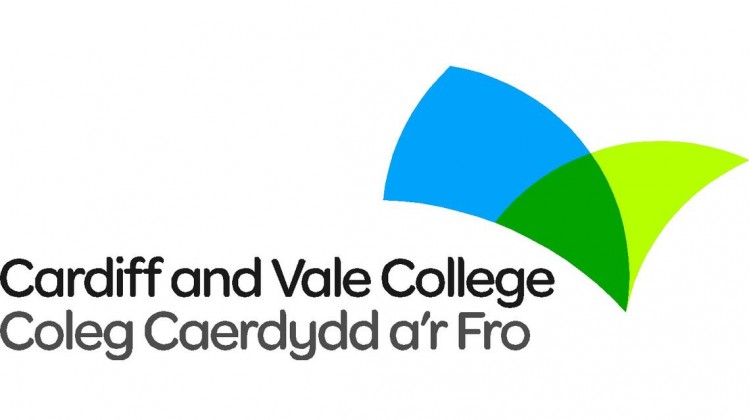The Retrofit Assessor plays a crucial role in the UK's efforts to reduce carbon emissions by enhancing energy efficiency and retrofitting millions of homes. The responsibilities of a Retrofit Assessor are outlined in the PAS 2035 standard, which governs the professional roles involved in retrofit projects.
The primary task of a Retrofit Assessor is to conduct property visits and surveys, providing essential data to inform decisions on which measures should be implemented. Working under the guidance of a Retrofit Coordinator, the assessor evaluates the building's condition, occupancy, and significance in alignment with the PAS guidelines.
Who is this course for?
The Level 3 Certificate in Retrofit Assessor is designed for individuals who are involved in or aspiring to be involved in the assessment and improvement of energy efficiency in existing buildings. The course would be suitable for:
Applicants for the Level 3 Certificate in Retrofit Assessor should hold a Level 3 qualification in Domestic Energy Assessment (DEA) or equivalent upon application. This ensures that participants have a foundational understanding of energy assessment principles and are equipped to engage with the advanced concepts covered in the course. Additionally, individuals should have a background or experience in the construction industry, building services, energy efficiency, or related fields, as well as a keen interest in sustainability.
Ultimately, anyone interested in gaining the skills and knowledge necessary to assess and improve the energy efficiency of existing buildings, while ensuring the well-being of occupants, would find this course valuable.
Progression
Course Type: Flexible
Level: 3
Duration: Flexible
Location: National
Category: Retrofit
Online: With our use of the latest technology, we offer online delivery options. This allows candidates to access course materials, lectures, and assignments remotely, using our learning management system (LMS) or online platform. This course includes pre-recorded video lectures, interactive modules, quizzes, and discussion forums. Participants can learn at their own pace and engage in virtual discussions with instructors and peers. 2 Days
Classroom: This traditional approach involves attending in-person classes at our training centre. In a classroom setting, instructors deliver lectures, conduct discussions, and provide hands-on exercises or case studies related to domestic retrofit assessment. This format allows for direct interaction with the instructor and fellow learners. 2 Days
Hybrid/Flexible Completion Window: This training option provides participants with a flexible completion window (up to 6 months), allowing you to finish the course at your own pace within an extended timeframe. Unlike the standard course duration, where completion is expected by the end of the course, the flexible completion window gives individuals the freedom to schedule their learning according to their availability and pace. This can be delivered either online or Classroom with an extended end date (normally reserved for funding). Flexible
Unit 1 - Understanding the Principles of PAS2035, TrustMark, and the Data Warehouse: This unit covers the foundational principles of industry standards such as PAS2035, TrustMark, and the Data Warehouse, providing an understanding of their significance in retrofit assessments and ensuring adherence to best practices.
Unit 2 - Retrofit Energy Efficiency Advice: This unit focuses on providing advice and recommendations aimed at improving energy efficiency within retrofit projects, addressing concerns such as heat loss and optimizing thermal performance.
Unit 3 - Understanding Retrofit Standards: Here, learners gain insight into various retrofit standards to ensure compliance and quality in retrofit projects, enhancing their ability to assess and recommend appropriate measures.
Unit 4 - Understanding Retrofit Risk Assessment and the Impact it has on Assessors: This unit explores the process of risk assessment in retrofit projects, emphasizing its importance in ensuring the safety and well-being of occupants, as well as the role of assessors in managing and mitigating risks.
Unit 5 - Understanding Building Physiology: Covering the fundamental principles of building physiology, this unit helps assessors comprehend how buildings interact with their environment and occupants, enabling them to make informed recommendations for improving comfort and energy efficiency.
Unit 6 - Occupancy Assessment: Learners in this unit learn how to assess the occupancy patterns and behaviours within a dwelling, which informs recommendations for energy efficiency improvements tailored to the specific needs of the occupants.
Unit 7 - Carry out an Appraisal of a Dwelling: This unit equips learners with the skills to conduct comprehensive appraisals of dwellings, enabling them to identify energy efficiency opportunities and recommend appropriate measures.
Unit 8 - Produce a Condition Report for a Dwelling: Focused on communication skills, this unit teaches learners how to produce clear and informative condition reports detailing findings, recommendations, and a plan for achieving optimal energy efficiency and living conditions.
Each of these units aligns with specific learning outcomes, ensuring that assessors prioritise the well-being of occupants, optimise energy efficiency, address ventilation and moisture concerns, conduct thorough assessments, and adhere to industry standards and quality assurance processes.
Our costs for the Level 3 Certificate in Domestic Retrofit Assessment:
The cost cover tutor fees, learning materials, assessment fees, registration fees, and any necessary resources or equipment. Some training providers may also offer options for instalment payments or discounts for early registration or group bookings. Additionally, it's worth considering any additional expenses such as travel, accommodation (if required for in-person training), or NetRet Also offers membership packages so click this link to check membership options.
Funding available in regions so always ask
Benefits
Course Type: Flexible
Level: 2
Duration: Flexible
Location: National
Course Type: Flexible
Level: 3
Duration: Flexible
Location: National
Course Type: Blended
Level: 5
Duration: Flexible
Location: National
Course Type: On-Site
Level: 3
Duration: 10 Weeks +
Location: National
Course Type: Flexible
Level: 4
Duration: Flexible
Location: National
Course Type: Flexible
Level: 3
Duration: Flexible
Location: National







